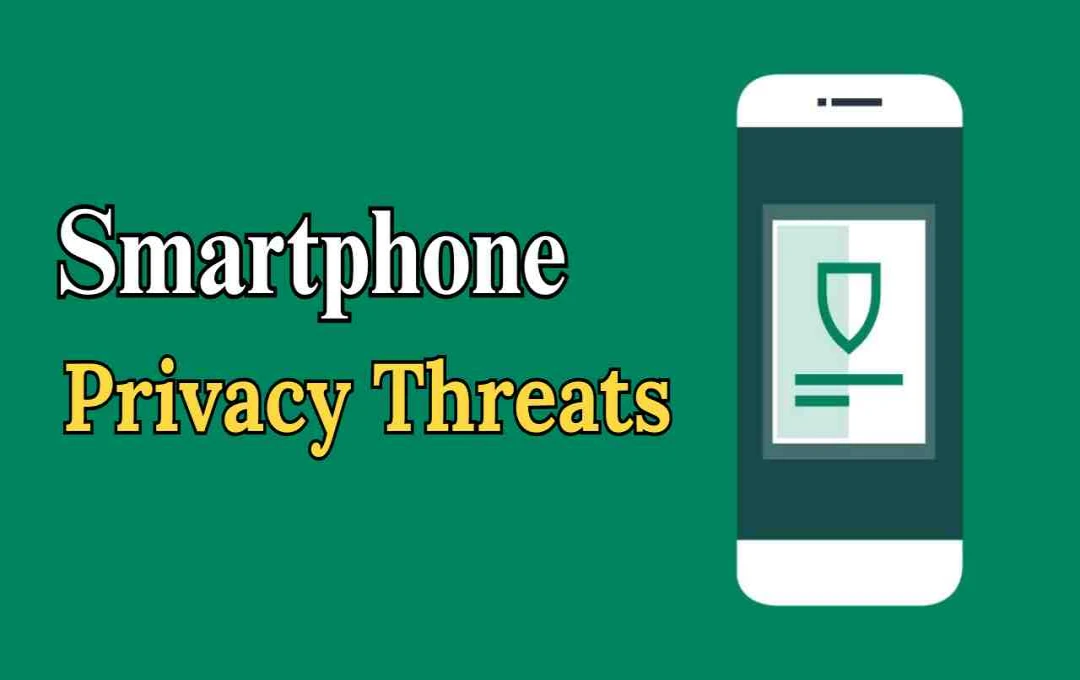Some apps present on smartphones can track user data without their knowledge and steal confidential information. Suspicious permissions, fraudulent apps, and applications downloaded from third-party sources are proving to be a significant threat to privacy. Cyber experts have advised checking app permissions and carrying out security updates promptly.
Smartphone Privacy Threat: In the digital age, smartphones have become the primary source of our personal and financial information. Concurrently, many apps are exploiting user oversight by tracking data through sensitive permissions such as camera, microphone, location, and contacts. According to reports, suspicious and third-party apps can transmit private information to their servers without explicit consent. Experts have advised users to scrutinize app permissions, remove fraudulent applications, and implement regular security updates on their phones to mitigate cyber risks.
How Apps Track Data
Whenever an app is installed on a phone, it requests permissions for features like the microphone, camera, location, or contacts. Frequently, users grant all permissions without careful consideration, which can mark the beginning of data monitoring.
Some suspicious apps activate the microphone and camera in the background to record user activity. Should this occur, private conversations, photos, and location details could be transmitted to an external server, thereby escalating cyber risks.

Greater Risk from Fraudulent Apps
Apps downloaded from third-party sources, distinct from the Google Play Store and App Store, carry a heightened risk of containing spyware and malware. These applications may attempt to steal phone data or gain access to banking information.
Cybersecurity experts advise users to verify the developer's name, user reviews, and download count when installing an app. Promptly deleting suspicious applications and utilizing antivirus software on the device can significantly bolster security.
Simple Ways to Safeguard Privacy
It is crucial to review permission management within the phone's settings. Revoking unnecessary permissions, such as camera, location, or microphone access, from applications that do not require them significantly mitigates risk.
Timely installation of phone security and system updates is also essential to promptly address any security vulnerabilities. Furthermore, downloading applications exclusively from trusted platforms consistently fortifies cybersecurity.
Amidst the growing proliferation of smartphone applications, users must remain vigilant regarding their digital security. Malicious apps can steal data, thus it is imperative to pay close attention to permissions, app sources, and security updates.













